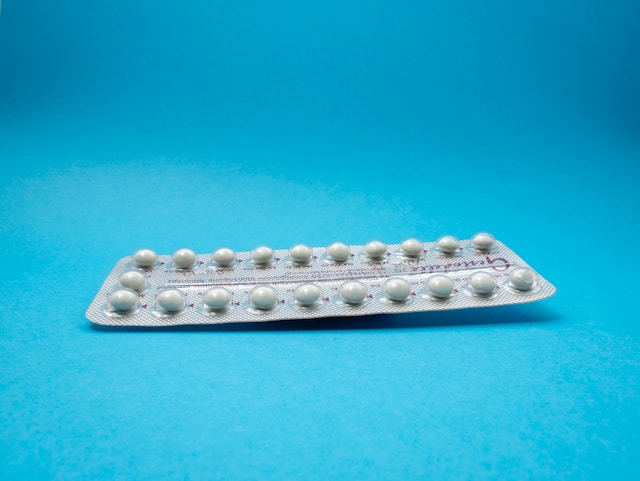With over 6 million unintended pregnancies in the U.S. each year and birth rates on the rise since 2021, making it easy to obtain birth control is important.
On July 13, 2023, the U.S. Food & Drug Administration (FDA) announced their approval of the first oral contraceptive birth control pill (OCP) that will be available over the counter in 2024. This approval was granted to Laboratoire HRA Pharma, which has been acquired by Perrigo Company plc. Unlike a traditional combination OCP that contains both estrogen and progestin, Opill is being marketed as a “mini-pill” and is made up of only norgestrel, which is a progestin. This formulation promises fewer side effects and safety risks compared with other pills.
The Centers for Disease Control and Prevention (CDC) recorded that 35% of women ages 15-49 are not currently using contraception. Among the 65.3% that are, 14% are on oral contraception. Even though “the pill” does not offer 100% protection from pregnancy or sexually transmitted diseases, it does have its benefits.
A few of the highlighted benefits of progestin-only pills in particular include safety during breastfeeding, with hypertension, obesity, history of blood clots, and for women older than age 35.
Opill will give many access to a safe oral contraceptive
According to a cross-sectional study performed between 2017 and 2021, there are increasing challenges for women seeking reproductive healthcare in the U.S.
Patrizia Cavazzoni, M.D., director of the FDA’s Center for Drug Evaluation and Research (CDER), explained that when used as instructed, “daily OCP is expected to be safe and more effective than currently available non-prescription contraceptive methods.” The intention of such a pill is availability, reduction of unwanted pregnancies, and their potential side effects.
Support for access to Opill goes far beyond the panel of FDA advisors and includes the American Medical Association (AMA), the American College of Obstetricians and Gynecologists (ACOG), and the American Academy of Family Physicians (AAFP). Given the recent reversal of Roe vs. Wade, this decision is meant to empower women and will give back control over their reproductive futures.




